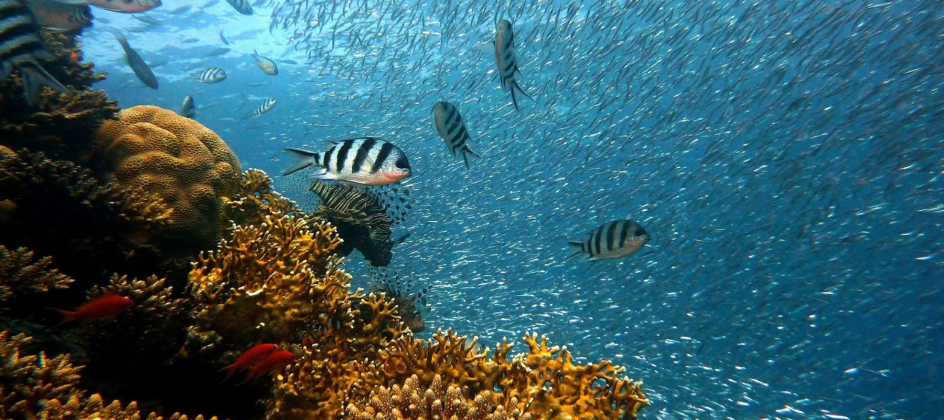
Zambia develops and validates blue economy strategy
The Government of Zambia has developed and validated the national blue economy strategy which is expected to help increase the prospects for achieving sustainable, environmentally friendly and socially inclusive economic growth.
The strategy will guide the nation in advancing knowledge on biotechnology, environmental sustainability and ecosystem services. Other areas targeted include growth of inland water transport industry, management of fishing industry and better use of underwater mineral resources.
This was revealed during the validation meeting held at COMESA Secretariat. The national strategy was developed with technical assistance from the African Union Commission’s Department of Agriculture, Rural Development, Blue Economy, and Sustainable Environment (ARBE) and financial support from the French Development Agency.
Speaking at the opening of the meeting, Director of Agriculture and Industry at COMESA Secretariat Mrs Providence Mavubi commended the country for developing the strategy which she described is an important tool and mechanism for attaining sustainable economic growth.
“The validation of the national blue economy strategy hastens the state of play of regional integration and will help development of ways and means of strengthening and deepening mutually beneficial cooperation in the area of blue economy for the benefit of Zambian citizens in particular and COMESA in general.”
She added that COMESA with the support of African Union Inter-African Bureau for Animal Resources has formulated the Regional Blue Economy Strategy (2022 – 2032) which covers aquatic and marine areas, including oceans, seas, coastlines, lakes, rivers and groundwater. It emphasizes the importance of balancing between sustainable economic development and environmental protection, anchoring this to SDG 14 of the Sustainable Development Goals (SDGs).
The meeting was informed that COMESA has adopted a clear definition of the blue economy that encompasses a range of several productive sectors such as fisheries and aquaculture, tourism, energy, transport, ports and shipping, underwater extractive industries, environment, research and innovation, marine biotechnology and bioprospecting.
Currently, there is limited information on the blue economy as the focus has been primarily on land-based economic development or on conservation rather than on the sustainable use of the investment in ocean and inland water-based economy, for national benefit.
AUC Head of the Blue Economy Division Georges Mba Asseko called on other African countries to emulate Zambia and finalise their national strategies. “By validating these national instruments, we are not only downscaling and domesticating the African Blue Economy Strategy, we are providing ourselves with the needed tools to align and operationalise African blue value chains on the fields.” He added, “these instruments are for the government and intergovernmental institutions of course, but also for communities and development partners including private sector.”
The team from Zambia was led by Mr Mbamwai Mbewe, a director in the Ministry of Fisheries and Livestock.


